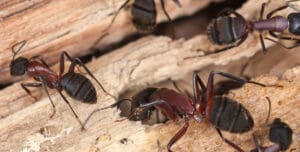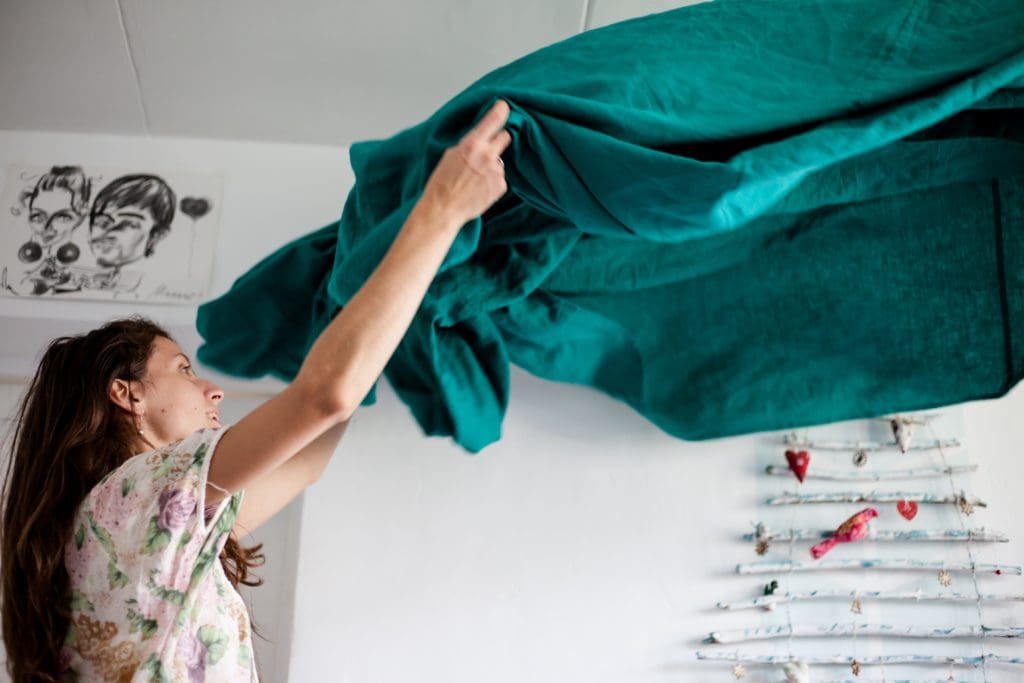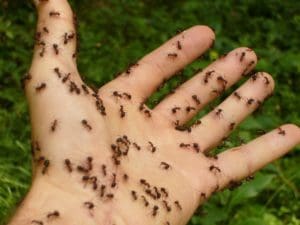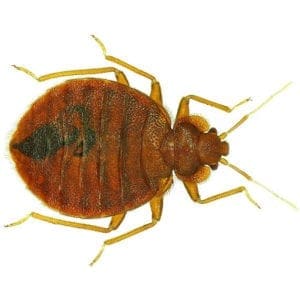

There seem to be more and more bed bug infestations occurring in New Jersey recently, as people are panicking at the sight of these little pests.
Not only do bed bugs leave behind some of the most irritating and itchy bites but they can also multiply and breed quickly. This means that it might be difficult to eradicate the infestation if it’s not detected early. It’s best to follow the tips below if you happen to stumble upon even one bed bug in your home.
1. Check for Dead Bugs
Finding one bed bug might not be a problem because the chances are high that you probably picked it up somewhere outside your home and brought it in. This means that no breeding is taking place on your premises. The best places to start looking for bed bugs, naturally, are in and around your bed. Look through all of your sheets, and pillowcases, and don’t forget to go looking beyond the headboard. Lift your mattress and examine everywhere for any signs of bed bugs, dead or alive. These bugs are tiny so they may be challenging to spot. Bed bugs are the size of an apple seed, and you can also diversify your search by looking for eggs or feces.
Despite the name, bed bugs can also hide in multiple other parts of the home, besides the bed. Be sure to check your couches and other furniture that people might spend time using. Also be sure to check your curtains and unscrew the outlet cover to make sure that no bugs are hiding in there.
If you fail to find anything in the areas suggested, but still feel suspicious that there might be an infestation in your home, wait a few weeks after the first search and then begin again. You might have missed hidden eggs on your first search that take a few weeks to hatch. If after the second search you still don’t detect any signs of bed bugs, your home is more than likely clean. However, it’s always best to stay on your guard by checking when you feel as though there might be something crawling around your house.
2. Take Preventative Measures: Don’t Let the Infestation Occur
There are many things that you can do around your home that might stop a bed bug infestation from occurring in the first place. Hygiene is extremely important in preventing bed bugs, so be sure to wash your sheets with hot water regularly. Always remember to clean your pillows and mattress as well, while you’re in the process of washing your sheets.
You can also shop around and buy a bed bug mattress protector that’s specifically designed to prevent the infestation of these pests. Make sure your home is clean by consistently picking up clutter and vacuuming and if you’ve been somewhere like a grass field, be sure to wash your clothes as soon as you get home.

3. Get Help from a Professional
Bed bugs are pesky little insects. Even if you’ve detected no signs of them in your home it’s only natural to still feel concerned and paranoid that they are there. In this case, it’s best to recruit the help of a professional pest control company. They will help you to deal with your potential infestation, and they will know when it is safe to proceed. Twin-Boro are one of the leading pest control companies in New Jersey and will send out trained professionals to deal with the infestation. They perform free inspections to find out whether or not your home is currently being inhabited by pests. If the highly trained pest professional detects signs that point towards an infestation they will let you know what the next steps should be to eradicate them.
A Case Of Mistaken Identity
One of the most challenging things about detecting bed bugs is the fact that they are often confused with many other pests, such as carpet beetles, ticks, and fleas. Therefore, when you find a pest in your house it might not even be a bed bug, and it could be something less harmful.
However it is always best to be sure, and this is where the help of a trained pest professional might once again be useful. Large bed bug infestations will however leave behind rather obvious clues and should not be too difficult to detect. If you still have concerns after all of the tips mentioned above get in contact with your local pest professionals!






